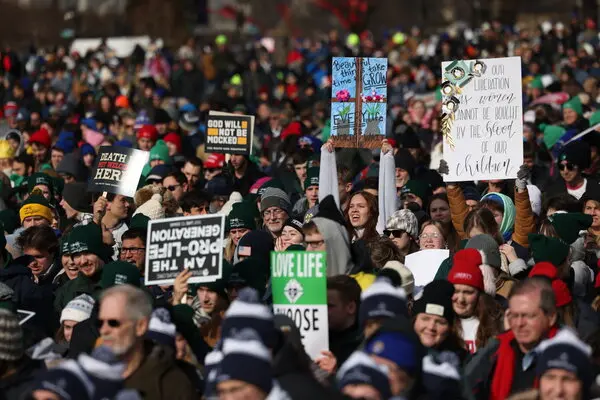With a mixed decision in Gilardi v. U.S. Department of Health and Human Services, the march to the U.S. Supreme Court gains momentum. While on the one hand the D.C. Circuit ruled that a private business cannot be considered a “person” with free exercise rights under the Religious Freedom Restoration Act (RFRA), the court did appear to side with the business owners and their individual free exercise rights.
The case involves the “HHS mandate”—the implementation of the Affordable Care Act that requires employers to provide insurance coverage of potentially life-ending drugs and devices. The plaintiffs, two brothers who operate their businesses in line with their Catholic faith, filed suit on behalf of themselves and their businesses. Initially, a federal district court ruled that the businesses could not “exercise” religion and could not be protected by RFRA. Further, the court concluded that any burden posed by the mandate on the brothers themselves was indirect.
While the D.C. Circuit’s decision last week affirmed the district court’s decision in regard to the businesses, the court reversed when it comes to the individual brothers. In that regard, the decision is a little mixed for the plaintiffs. But the decision did include some excellent language calling into question the government’s claims. For example, at one point the Court indicated that the government “perhaps [had] an incomplete understanding of corporate law.”
The Court seemed to understand what a “Hobson’s choice” it is to force a business owner to choose between following the law (or facing ruinous penalties) or violating religious beliefs. The Court was also in tune with the intent of the Framers of the Constitution in protecting the religious liberties of this nation’s people.
In discussing the government’s claimed necessity for the mandate—to safeguard public health, protect a woman’s compelling interest in autonomy, and promote gender equality—the Court pointed out that the government did little to demonstrate a nexus between those claimed issues and the mandate.
So here is what happens next: the case returns to the district court. The D.C. Circuit has indicated that the district court’s original analysis was flawed as to the brothers’ claims, and it needs to reevaluate those claims. As such, the district court will take another crack at whether the HHS mandate burdens the rights of the Gilardi brothers.
In the meantime, the decision represents yet another loss for the government and its promotion of the HHS mandate—a loss that will certainly be used in cases currently up on Petition before the U.S. Supreme Court (Conestoga Wood Specialties, Hobby Lobby, and Autocam).
AUL filed an amicus brief in the Gilardi case on behalf of the Association of American Physicians & Surgeons and other national medical organizations. The brief demonstrated that that the life of a new human being begins at fertilization (conception), that “emergency contraception” has a post-fertilization effect that can prevent a new human being from implanting in the uterus, and that forcing employers to provide coverage for such drugs violates their constitutionally protected freedom of conscience.
For more information on life-affirming healthcare, visit AUL’s unique project, Real Healthcare Respects Life.




